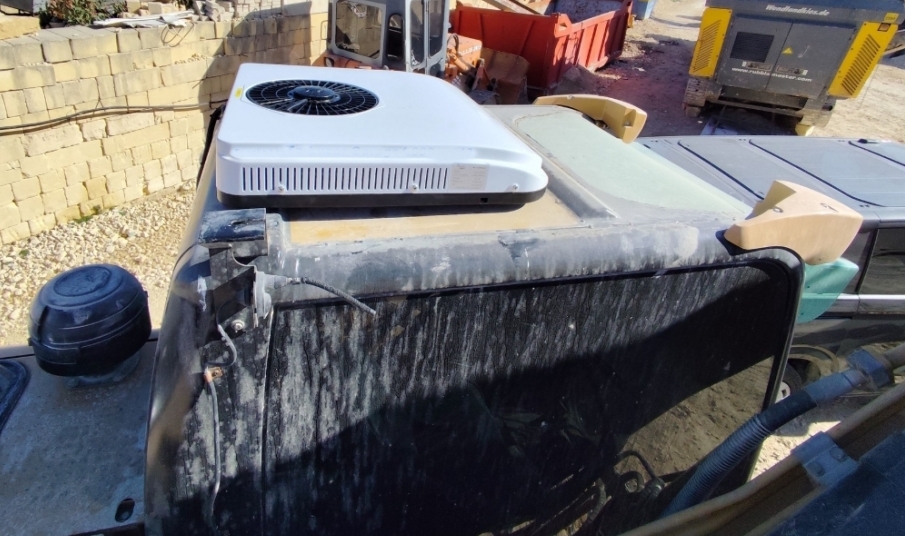


.png)
[!--lang.PREVIOUS--]: Upgrade Your Ride: High-Efficiency Truck Air Conditioners for Modern Drivers!
[!--lang.NEXT--]: How to Maintain Heavy Duty Truck Air Conditioning Systems for Longevity

I am Mr. Wang, a technical engineer, to provide you with customized solutions.
Welcome to contact me